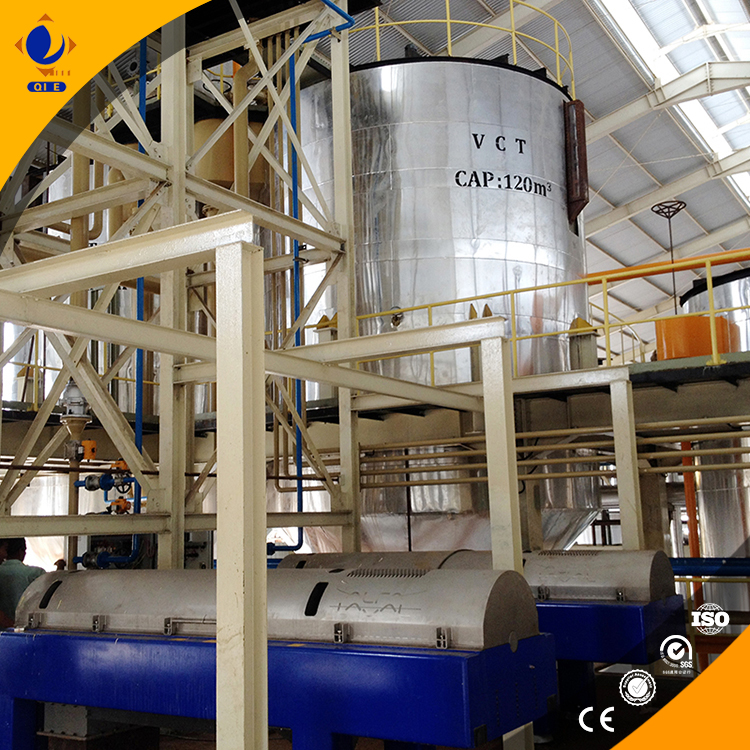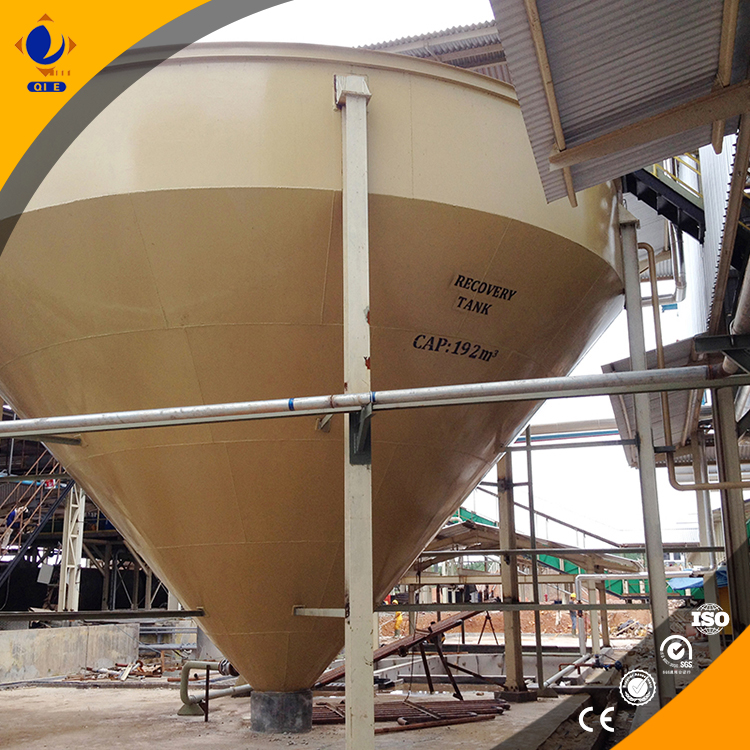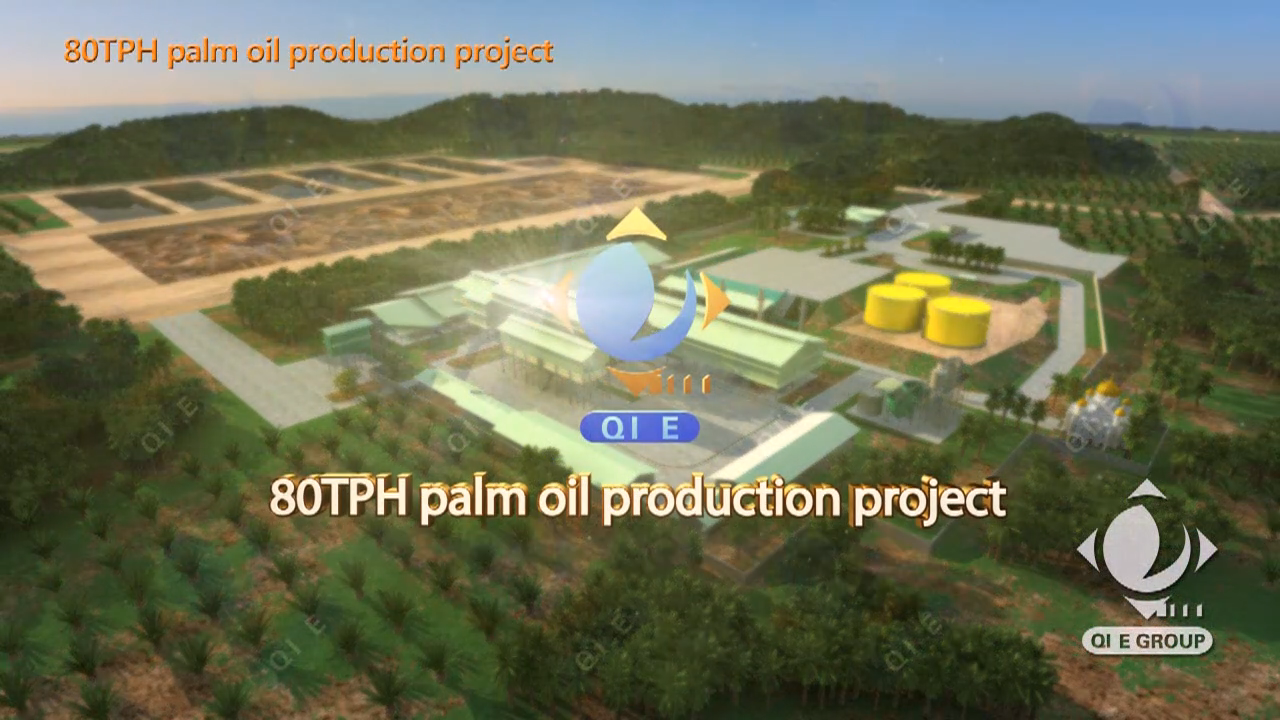
In recent years, the African palm oil sector has experienced significant challenges—ranging from capacity bottlenecks to operational inefficiencies and hygiene concerns. The introduction of a cutting-edge palm oil processing machine line, successfully deployed in Nigeria in 2024, signals a transformative opportunity for local producers. Engineered with 304-grade stainless steel, modular PLC automation, and an energy-efficient design, this equipment has enabled operators to double their daily production output while maintaining stringent food safety standards.
Central to the equipment's reliability and sanitation is its 304 stainless steel framework, a grade renowned globally for corrosion resistance and hygienic surface characteristics. Unlike conventional carbon steel units prone to rust and contamination, this material ensures longevity beyond 10 years under rigorous tropical conditions common in West Africa. Stainless steel’s smooth finish also minimizes residues, reducing microbial risks and facilitating easier cleaning cycles—critical for compliance with food safety certifications such as ISO 22000 and HACCP.
A comparative analysis showed that machines built with 304 stainless steel decreased maintenance downtime by 35%, contributing directly to continuous operation and cost savings. This investment in superior materials correlates strongly with operational stability and product quality assurance.
The processing line’s design incorporates adaptive modules capable of handling various raw inputs prevalent in African palm oil production—ranging from fresh fruit bunches (FFB) to palm kernel nuts. Flexibility in mechanical pressing settings and feedstock pre-treatment enables optimal extraction efficiency for both oily mesocarp and hard seeds, an attribute seldom present in traditional single-purpose machines.
| Raw Material | Extraction Efficiency | Typical Yield Increase |
|---|---|---|
| Fresh Fruit Bunch (FFB) | 22% – 25% | +15% |
| Palm Kernel Nut | 40% – 45% | +18% |
At the heart of the system is an advanced PLC intelligent control unit that monitors real-time parameters such as temperature, pressure, and motor load. This automation reduces manual intervention, lowering human errors and enabling predictive maintenance. Furthermore, the machine employs variable frequency drives (VFD) to optimize motor speed and minimize electricity consumption.
Field data from a Nigerian pilot site indicates a decrease in energy usage by 20% compared to legacy machines, with a concurrent 30% reduction in unplanned downtime. Operational expense savings thus translate directly into improved net margins for processors facing rising labor and electricity costs in the region.

The equipment holds several internationally recognized certifications including CE, ISO 9001, and SGS food safety validation. These certificates are pivotal in demonstrating compliance with stringent product standards and in facilitating export opportunities for African processors aiming to meet international buyers’ requirements.
For local business owners, these certifications provide reassurance of durable quality and operational excellence, especially crucial in markets where counterfeit products and substandard machinery have historically undermined investor confidence.
One of the most compelling validations comes from a medium-scale processor in Ogun State, Nigeria, who reported a daily production increase from 4 to 8 metric tons within three months of machine deployment. The client highlighted not only throughput gains but also marked improvements in oil purity and machine uptime.
This success aligns with a reduction in labor costs by approximately 25%, thanks to automation and streamlined workflow. The customer's positive ROI realization period is estimated at less than 18 months, a critical factor in capital-intensive industries.

Key to sustained operational success is the robust after-sales infrastructure—ranging from on-site technical training, 24/7 remote diagnostics, to spare parts availability. These service elements address common pain points such as machine downtime, local expertise gaps, and maintenance delays.
The presence of a responsive after-sales team reduces operational risks and fosters enduring partnerships, empowering African producers to embrace modernization confidently.


